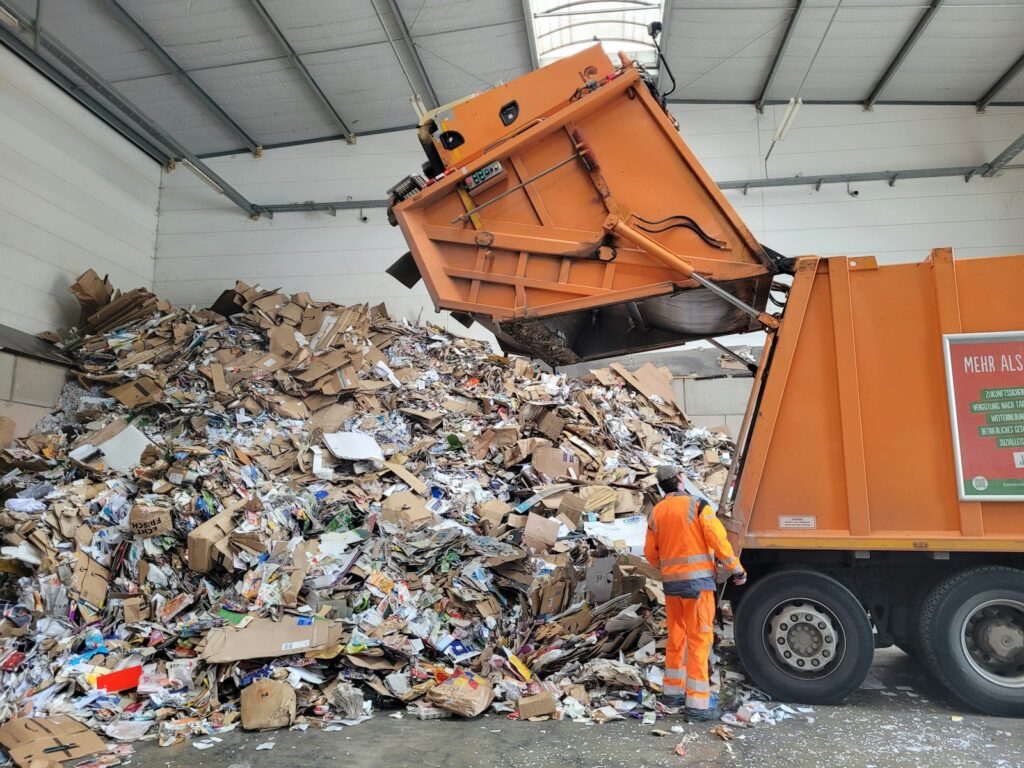The government’s Energy Security Bill, announced in the Queen’s Speech yesterday, does not go far enough say some critics.
Commitments have been made to deliver plans set out in the Energy Security Strategy and the government’s ten point plan for a green industrial revolution.
Carbon capture and storage technologies and low carbon hydrogen will be developed as part of this, as well as investment in the consumer market of electric heat pumps.
‘My Ministers will bring forward an Energy Bill to deliver the transition to cheaper, cleaner, and more secure energy,’ stated Prince Charles, who held the speech in place of his mother yesterday. ‘This will build on the success of the COP26 Summit in Glasgow last year.’
The government has also said it will extend the price cap past 2023 to protect customers from unfair energy prices and Ofgem is set to be the new regulator of heat networks to ensure fair prices and reliable heating.
However, critics say the Energy Bill will not fully protect families struggling in the wake of the cost of living crisis and is missing measures that would improve energy efficiency.
Stew Horne, head of policy at Energy Saving Trust, said: ‘Today’s announcement of an Energy Security Bill provides the opportunity for a much-needed update to legislation that has been in place for almost ten years, during which time the UK has significantly strengthened its decarbonisation commitments. This Bill will be another important step on the path to achieving net zero, but action needs to go further and faster.
‘There is still more the Bill should include, such as a greater commitment to improving the energy efficiency of UK homes – including an ambitious timeline for the introduction of mandatory Minimum Energy Efficiency Standards across all tenures.
‘In addition, as households continue to feel the effects of rising energy bills, we welcome the new legislation that will extend the energy price cap to protect consumers, but there is also an urgent need to provide immediate help to people struggling with the ongoing cost-of-living crisis now.’
Echoing this sentiment, Jess Ralston, Senior Analyst at the Energy and Climate Intelligence Unit (ECIU), believes there is a risk the government won’t take the necessary steps to decarbonise the economy.
Commenting on the Energy Bill she said: ‘The big risk with the Energy Bill is that government gets distracted with technologies like hydrogen and nuclear that might play a role but not for years to come.
‘Steps that give immediate help to families struggling with rising energy bills, like insulation, seem to be falling by the wayside with Treasury blocking extra support and leaving the government open to criticism from voters who are feeling the pinch now.
‘British renewables and home insulation are the only logical ways to both shield households from surging gas costs and isolate Putin.’
Photo by Matthew Henry
















